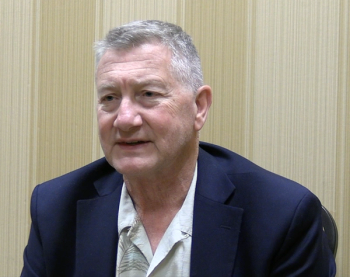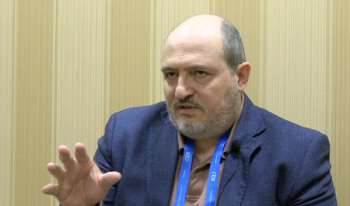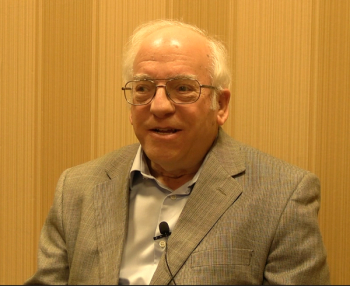
Sarah Trimpin Wins Biemann Medal
The Biemann Medal was awarded to Sarah Trimpin at the American Society for Mass Spectrometry (ASMS) conference on Tuesday, June 4, at the Georgia World Congress Center in Atlanta, Georgia. Trimpin is a professor of chemistry at Wayne State University (Detroit, Michigan).
The Biemann Medal was awarded to Sarah Trimpin at the American Society for Mass Spectrometry (ASMS) conference on Tuesday, June 4, at the Georgia World Congress Center in Atlanta, Georgia. Trimpin is a professor of chemistry at Wayne State University (Detroit, Michigan).
The Biemann Medal is awarded to an individual early in his or her career to recognize significant achievement in basic or applied mass spectrometry. Trimpin’s award is for unusual observation of highly charged protein ions in an atmospheric pressure matrix-assisted laser desorption-ionization (MALDI) experiment that led to her discovery that ionization occurs simply by passing compounds through the inlet of a mass spectrometer. Trimpin demonstrated that her simple approach achieves sensitivity comparable with, and frequently better than, electrospray or MALDI.
Through fundamental studies, Trimpin discovered solid matrices that produce highly charged ions upon laser ablation using MALDI ion sources. She also discovered matrix compounds that spontaneously produce multiply charged ions when exposed to vacuum (termed matrix-assisted ionization). She has now discovered more than forty matrices that spontaneously produce analyte ions. Her work has been recognized by numerous awards and has led to commercialization.
Newsletter
Get essential updates on the latest spectroscopy technologies, regulatory standards, and best practices—subscribe today to Spectroscopy.




